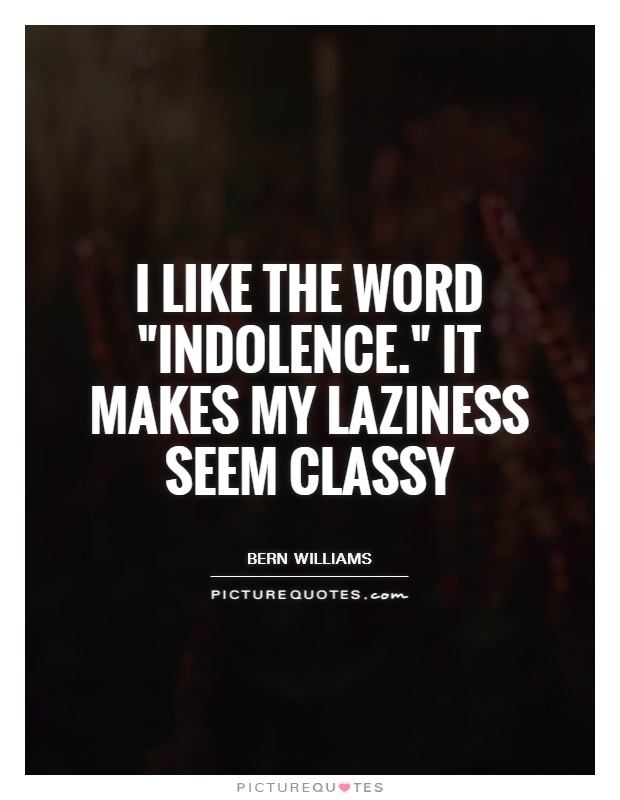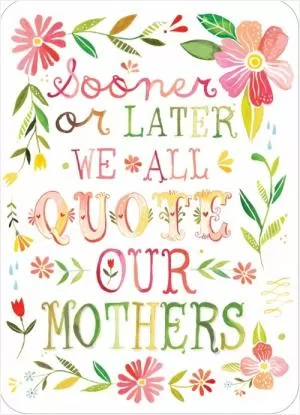I like the word "indolence." It makes my laziness seem classy

I like the word "indolence." It makes my laziness seem classy
The word "indolence" has a certain elegance to it, doesn't it? It rolls off the tongue with a sense of sophistication, almost as if it's too refined to be associated with something as mundane as laziness. But in reality, that's exactly what it means - a reluctance to exert oneself, a tendency towards idleness and sloth.For some, laziness is seen as a negative trait, a sign of weakness or lack of ambition. But when framed in the context of "indolence," it takes on a different connotation. It becomes almost poetic, a deliberate choice to prioritize rest and relaxation over constant productivity. It's a way of reclaiming laziness as a form of self-care, a necessary indulgence in a world that values busyness above all else.
There's a certain rebelliousness in embracing indolence. It's a rejection of the societal pressure to always be on the go, to constantly be striving for more. Instead, it's a declaration of autonomy, a refusal to be defined by productivity or success. It's a way of asserting control over one's own time and energy, of choosing to prioritize personal well-being over external expectations.
Of course, there's a fine line between healthy indolence and outright laziness. Indolence implies a certain level of self-awareness and intentionality, a recognition of the need for rest and relaxation. Laziness, on the other hand, can be a more passive and unproductive state, a lack of motivation or drive.
But by embracing the word "indolence," we can reframe our laziness as something more intentional and purposeful. It allows us to take ownership of our choices and prioritize our own well-being without guilt or shame. So the next time you find yourself lounging on the couch instead of tackling your to-do list, remember that it's not just laziness - it's indolence, and it's a classy way to take care of yourself.












 Friendship Quotes
Friendship Quotes Love Quotes
Love Quotes Life Quotes
Life Quotes Funny Quotes
Funny Quotes Motivational Quotes
Motivational Quotes Inspirational Quotes
Inspirational Quotes